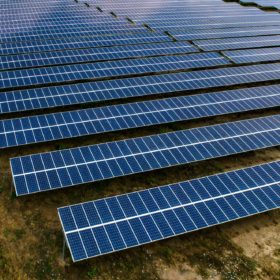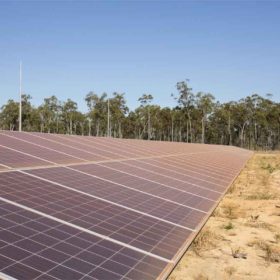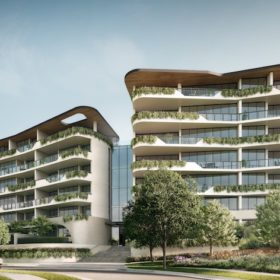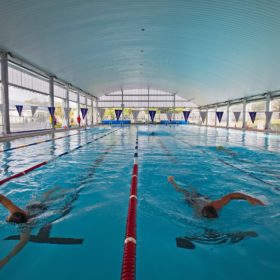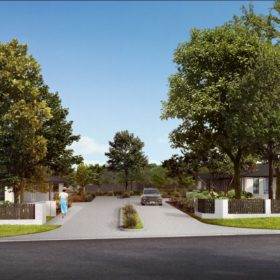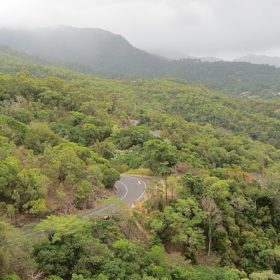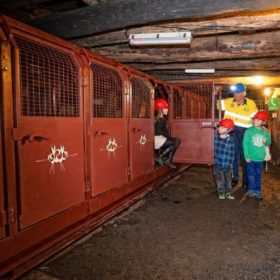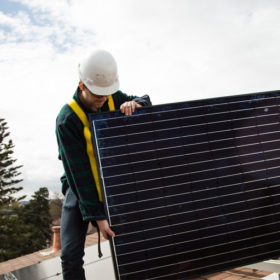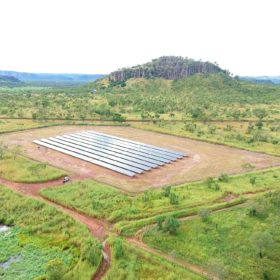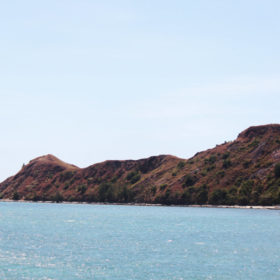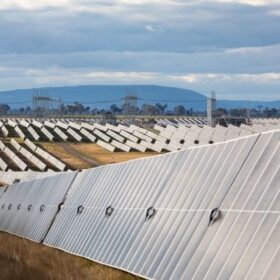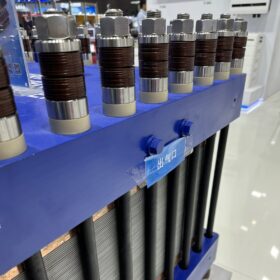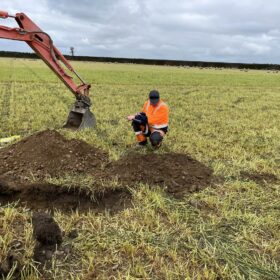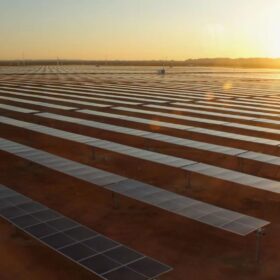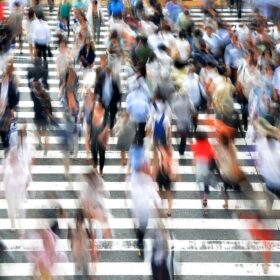Victorian councils turn to solar for environmental upgrades, improved bottom lines
Mildura Rural City Council reports a milestone in helping businesses to upgrade their buildings with solar and become more energy efficient and sustainable, while Greater Shepparton sees great results from going solar.
NSW’s Byron Shire Council allocates funds for 5 MW PV array
The Byron Shire Council has committed $465,000 to get the planning, design and tender process underway.
Mirvac partners with startup Allume Energy for apartment, office solar sharing
Melbourne-based startup Allume Energy has been selected by Mirvac to provide solar sharing technology to publicly listed property developer Mirvac. The approach, Mirvac claims allows its commercial and residential apartment tenants to consume solar installed on multi-tenant buildings.
South-west Queensland councils go to town on municipal solar installations
Town halls, swimming pools, art galleries, libraries — local councils strive to offer residents a plethora of services that enrich community life, while keeping rates to a minimum. Maranoa Regional Council is one of a cluster of Queensland councils drawing on solar energy to help keep costs low, while fuelling fun in Australia’s sunny north.
CEFC to allocate up to $95 million for solar-powered, energy efficient homes in NSW
The Australian government’s green bank continues to invest in energy efficient homes for low income families with a new funding granted for solar and battery-powered dwellings in regional New South Wales.
Australia’s first solar to hydrogen-based microgrid gets nearly $1 million in federal funding
A grant of nearly $1 million has been announced for a 100% renewable energy project which will see the World Heritage-listed Daintree Rainforest reduce its reliance on diesel fuel to generate power.
Coal mining museum powered by solar PV and battery storage
In a powerful demonstration of Australia’s energy transition, the Victorian State Coal Mine, a tourist attraction in the coastal town of Wonthaggi, is now powered by a solar and battery storage system.
Renewable energy jobs surge thanks to solar PV
Rooftop solar remained the biggest employer in the Australian renewable energy sector last financial year, but it was large-scale solar PV that stole the limelight as it emerged as the second largest contributor of direct full-time jobs.
Northern Territory rolls out 10 MW of PV to power remote communities
Construction has been completed on the Solar Energy Transformation Program (SETuP), which has been touted as Australia’s largest rollout of solar power to remote communities to date.
New billing method and PV+storage for all-day energy supply on Philippine island
From four to 24 hours: before solar and storage, the 160 households on a Philippine had electricity for only four hours each day. This had negative impacts on the economic development of the islands. With support from the ADB, the island inhabitants now have 24 hour supply of clean energy, and new billing methods that suit the economic realities of poorer households.
